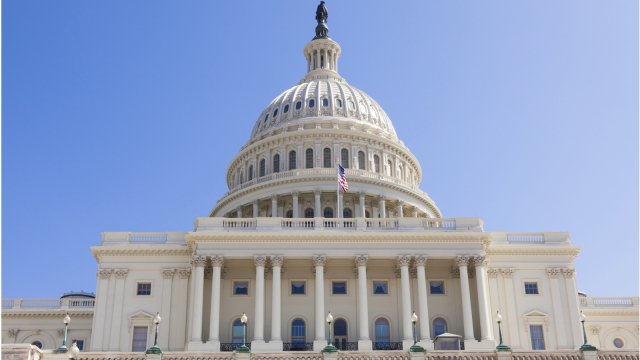Congress Partially Lifts Federal Ban on Funding for Syringe Exchange Programs

Despite a lack of positive action on LGBT equality issues in this current Congress, every now and then something positive and life-saving happens. In the waning days of the 2015 congressional session, Congress took a significant step to help reduce the transmission of HIV, Hepatitis B, Hepatitis C, and other bloodborne pathogens spread through injection drug use.
As part of its major year-end spending bill for FY 2016, a partial lifting of the federal ban on funding syringe exchange programs was included. Now the federal government can, and hopefully will, make resources available to pay for program supplies and staff expenses. Local funds or private funds will have to cover the direct costs of syringes and needles. Fortu
After the ban had been in place for more than two decades, HRC successfully lobbied to have the ban fully repealed in 2009. Unfortunately, when Republicans regained control of the House in 2011, they reinstated the ban. Removing the funding ban has been one of HRC’s legislative priorities for addressing HIV/AIDS.
The recent rise in opioid and heroin abuse forced lawmakers to consider additional options to respond to the problem, and the corresponding rise in new cases of HIV and Hepatitis C. Ironically, a similar war on drugs two decades ago was responsible for instituting the ban. In the intervening years, the evidence supporting the safety and efficacy of syringe exchange programs has grown, and fears that they would lead to further abuse, were found to be untrue.
This year, HRC is taking the next step, and will be working with our allies on Capitol Hill to have Congress provide the resources for these critical prevention programs to operate in communities across the country.
You Might Like
